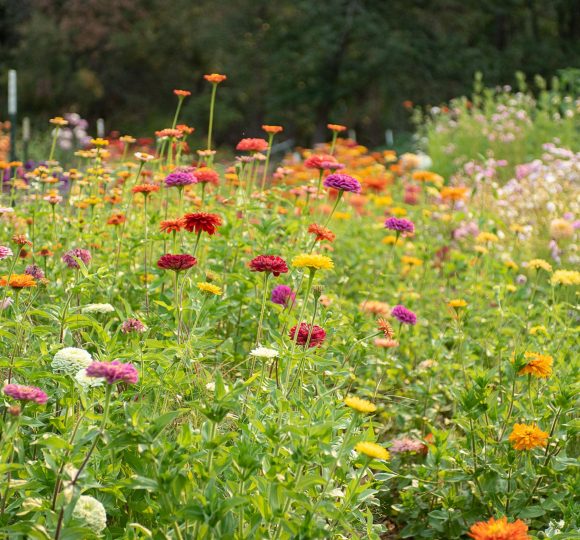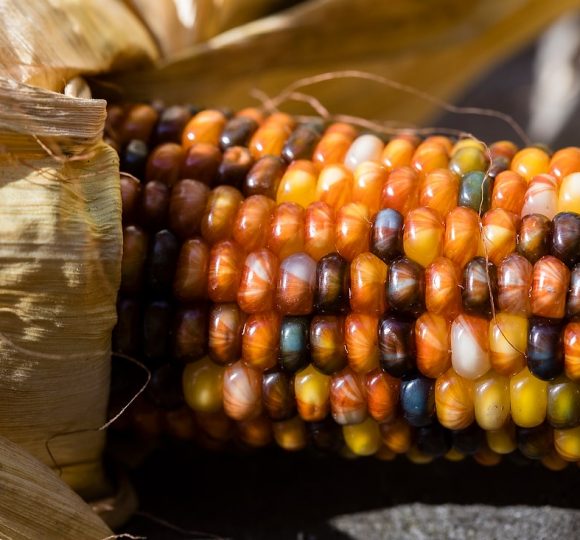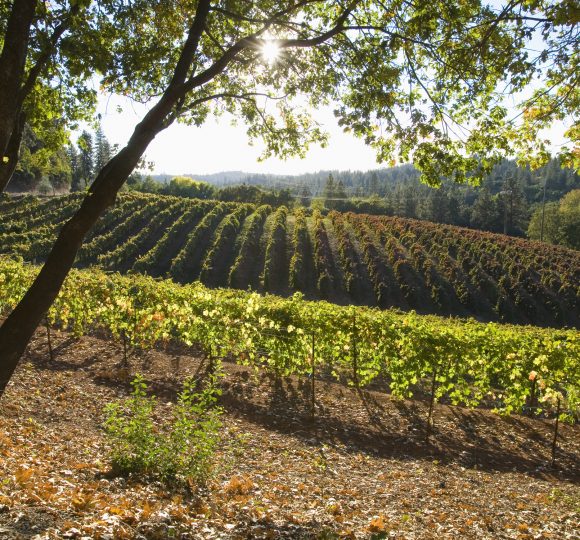Rural America is struggling. Family agriculture is gradually fading, and prime farmland is often converted into environmentally harmful applications. But food cultivation has ecological consequences, too. Farms consume eighty percent of the nation’s water. Although they often prevent sprawling development, improve water quality, or provide wildlife habitat, they also pollute rivers, drain wetlands, or emit destructive greenhouse gasses. The loss of farms and damage to ecosystems are connected, and a major cause is the political deadlock between farmers and environmental activists.
Topics include incentives, regulations, government spending, environmental markets, growth management, climate change, public lands grazing, and the Federal Farm Bill. The book identifies characteristics of successful community programs to suggest a model for a prosperous, healthy future.





